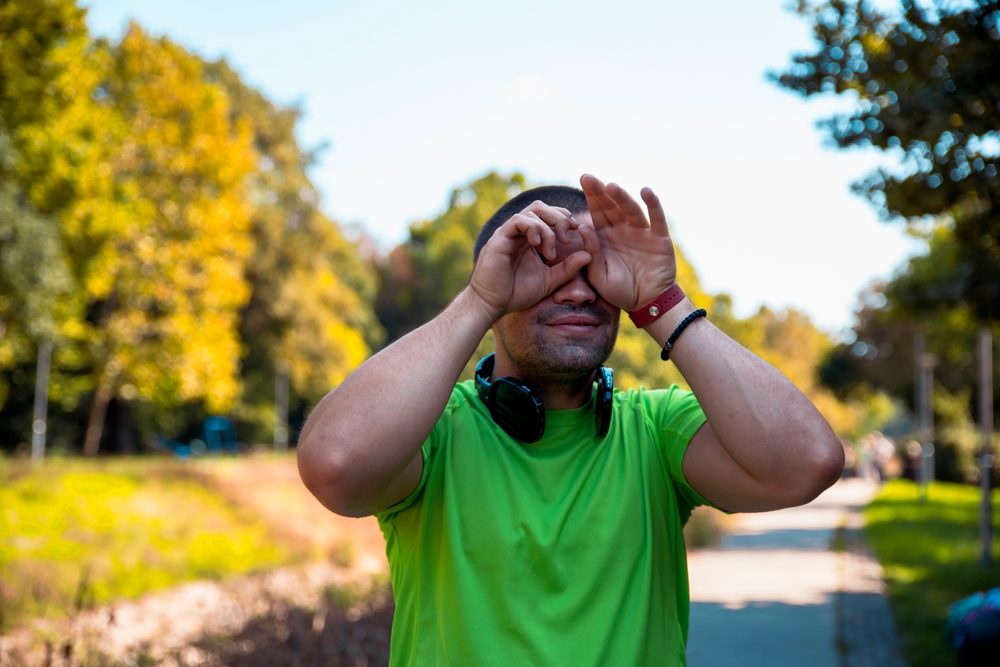
Are your eyes constantly red, itchy, or watery? Many people struggle with eye irritation, but it’s not always easy to know what’s causing it. Understanding the difference is essential for finding the right relief and protecting your long-term eye health.
Understanding Dry Eye vs. Allergies
Both dry eye and allergies can lead to similar symptoms, including burning, stinging, redness, and excessive tearing. However, the underlying causes are very different.
Dry eye syndrome occurs when your eyes don’t produce enough tears or when the quality of your tears is poor. This can leave your eyes feeling gritty, tired, and sensitive to light. Factors like prolonged screen use, aging, certain medications, and environmental conditions can increase your risk.
Allergic conjunctivitis is triggered by exposure to allergens like pollen, pet dander, dust, or mold. In addition to itching and redness, allergies often come with other symptoms like sneezing, a runny nose, or swelling around the eyes.
Key Differences in Symptoms
Itching: More common and severe with allergies.
Burning or Grittiness: More often associated with dry eye.
Stringy Discharge: Typical of allergies.
Blurred Vision: Can happen with both, but often worsens with dry eye during tasks like reading or computer work.
Swelling: Allergies often cause puffiness around the eyes.
Why See Your Optometrist?
During an eye exam, your eye doctor will start by asking detailed questions about your symptoms, daily habits, and any history of allergies or other medical conditions. Understanding your lifestyle and medical background helps guide the diagnostic process.
Next, the doctor will carefully examine your eyelids and the surface of your eyes, often using a specialized instrument called a slit lamp microscope. This allows them to look closely for any abnormalities or signs of irritation. They will also check your tear film to assess both the quantity and quality of your tears, which is important for diagnosing dry eye.
In addition, your doctor will look for signs of inflammation or swelling around your eyes, as these can indicate either dry eye or allergies. If allergies are suspected, they may also perform tests to identify specific allergens that could be triggering your symptoms.
It’s important to note that sometimes both dry eye and allergies can occur together. Because of this, a thorough exam is essential for an accurate diagnosis and to create an effective treatment plan tailored to your needs.
Ready to See Clearly and Comfortably?
If you’re struggling with ongoing eye irritation, don’t just assume it’s allergies or dry eyes - schedule a professional evaluation. At Riverdell Vision, our experienced team can help identify the true cause and recommend the best course of action for lasting relief.
If you’re experiencing symptoms of dry eye or allergies, contact Riverdell Vision to schedule your eye exam and and relief you need. Contact our office in Oradell, New Jersey, by calling (201) 268-7566 to book an appointment today.



